the Methods that make the magic
We have developed successful change initiatives for major clients and organizations around the world. We take great pride in seeing longitudinal cultural change and know how to design projects that support great shifts in thinking and doing. We tend to avoid going for virality or flash-in-the-pan ideas because we know that change takes time and requires deep transformation to ensure we get to a more sustainable, regenerative and circular future.
We always take a unique multi-disciplinary approach to our work, combining expertise from design thinking, sociology and cognitive sciences to draw together a series of productive methods. For us, creating positive social change is our core business and, in order to do this well, we find and unlock potential in diverse and obscure places.
Using insights from art, research, sociology and experience design, we have developed a toolkit of surprises that we employ to evoke positive change through all our change projects. In line with our goal of having a positive impact through disruptive design, we work hard to make sure that our experiences and products have the smallest negative ecological impacts possible, while still serving their functions.
We developed the Disruptive Design Method for activating positive social change by design. We use this unique approach and also teach the methodology through our UnSchool >
Research
Through a mix of sociological methodologies and design approaches, our research process explores, unpacks, evaluates and presents opportunities for enacting positive change. We believe change and innovation are best formed through understanding your community, its patterns, actions and motivations. We take a systems approach and employ an embedded action research methodology to our projects.
From community understanding, opportunity analysis, ethnographic research, participation and engagement, gap analysis, life cycle assessments, systems interventions, interviews and more, we employ a range of expertise and robust research foundations in all our work. Our founder, Dr. Leyla Acaroglu, has also developed a disruptive design methodology that leverages systems interventions in order to generate change outcomes.
Sustainable Design
We are committed to finding the best sustainable methods and processes for producing our products and events. Any printed materials always use post-consumer waste paper, we use recycled materials when possible, seek out certified products, and employ local artisans and small scale producers. We also seek out producers who themselves are committed to sustainability and use renewable energy sources. We make sure that all labor is ethical and ensure that our suppliers operate at very high standards. We try to produce locally and to seek out new ways of producing, to help stimulate sustainable markets.
We have a strict policy against disposability (such as single-use cups and plates). We invest in high-quality materials and promote durability and reusability over single use products. Of course, we are not perfect and we are still learning. But, in all that we do, we prioritize the discovery of new ways to do old things, in order to do better.
Systems Thinking
We are obsessed with taking a systems approach to everything we do. We use a range of systems mapping and analysis tools to help us understand and identify the areas for most effective interventions. Aside from systems thinking being the foundation of all our creative approaches, we also teach systems thinking through our workshops and at the UnSchool.
inquiry and discovery
Our core objective with all of our work is to find ways of unlocking tacit knowledge and sharing in productive and empowering ways – we are all about helping others find new ways of changing the world. Critical to this is the ability to rapidly access and understand complex ideas, such as systems thinking and social change theories, and to find creative ways of implementing them in strategic and holistic ways. Many of our mentally stimulating analog experiences and workshops came out of our experiences and discovery phases. We constantly seek out and delve into the "why" of things, using our own experiences as methods for building new solutions to age old problems.
